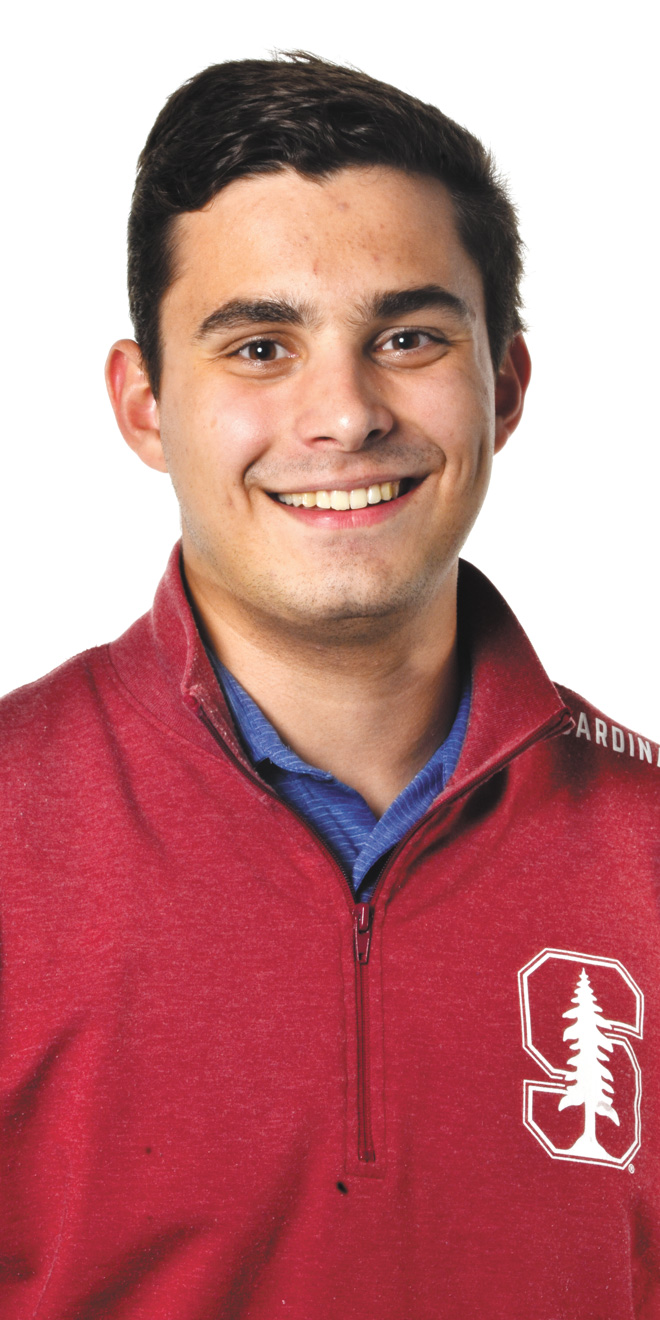It’s finally college basketball season, something that might not excite many here in the Bay Area but which certainly sends people in my home state of North Carolina into a frenzy. Raleigh, where I’m from, is ACC country: Duke, UNC and NC State are all within 40 minutes of each other, with Wake Forest less than two hours away. Growing up, my family never quite understood the bitter rivalry between the Blue Devils and the Tar Heels (Wolfpack athletics were mostly irrelevant).
We weren’t native to North Carolina, and neither of my parents attended either school, so we generally rooted for both and maybe picked a side when they played head to head. People thought we were crazy for not demonstrating unconditional loyalty to one program, and I’ll admit that we certainly were outliers. One of my best friends’ mom grew up a Duke fan, and despite attending UNC and marrying a fellow Tar Heel, still remains a Duke fan to this day. Passions run very deep.
One point of pride for both programs are their head coaches, Mike Krzyzewski at Duke and Roy Williams at Carolina. For many North Carolinians, these men might as well be Jesus Christ himself. Carolina fans adore Williams, and Duke fans shudder at the thought that Coach K might one day hang it up and retire as one of the greatest coaches in NCAA history.
Coach K has certainly had an extraordinary run at Duke since he took over as head coach in 1980. He’s won five NCAA titles, most recently in 2015; made it to the Final Four 12 times; won the ACC tournament 14 times; and been named the Naismith College Coach of the Year three times. He’s done it all, and he will likely go down as the second greatest ever to coach the game, behind only legendary UCLA coach John Wooden.
And more important than his achievements is the way he has come about them; he’s led the Duke team with impeccable character, never getting involved in the sorts of recruiting or pay-to-play scandals that have plagued some of the sport’s biggest names around the country.
For much of his career, something else stood out about the way Coach K won: He did so with very few one-and-done players. Duke legends like the infamous Christian Laettner, Grant Hill and Johnny Dawkins all stayed four years at the program. For decades, Coach K built his career on the backs of players like these, winning national acclaim not only for his successes, but also for the way he went about achieving them.
Things have changed, now, and it’s worth considering whether the shift towards the one-and-done model will impact Coach K’s legacy. Other than Corey Maggette and Luol Deng two decades ago, the trend for Duke really started with Kyrie Irving in 2011, followed by Austin Rivers the next year and Jabari Parker two years after that.
Things certainly changed in 2015, when Duke won the national championship and lost its three top players – all freshmen – to the NBA Draft. Then came Brandon Ingram in 2016. The next year saw the departure of three freshmen. This year saw the departure of four. Next spring, it is widely expected that at least three will join those who came before them.
There is no doubt that Coach K’s career has been incredibly impressive, one of the best ever. The shift towards one-and-dones will not change that. But the shift will perhaps alter the way that he is remembered. Will he be viewed as the man who led Duke to multiple titles without the most dominant, physically players? As the man who was able to pull off a win with guys like Nolan Smith, Kyle Singler, Jon Scheyer and Brian Zoubek? Or will people remember him as the coach who stacked his team with five-star recruits and led a revolving-door roster year after year?
It’s an interesting question to consider. The answer is that it will likely be a bit of both. Coach K had too much success over the first 30 years of his career to let this new era of college basketball take away from his legacy too much. Still, it’ll be hard to people to ignore what has happened over the last few years, especially since 2015. As someone who admires Coach K both as a man and as a basketball coach, I’m curious to see how things will play out in the years to come.
Contact Andrew Ziperski at ajzip ‘at’ stanford.edu.
